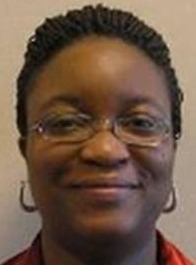Philanthropy411, is currently covering the Council on Foundations conference with the help of a blog team. This is a guest post by Maisha Simmons, Program Associate at The Robert Wood Johnson Foundation
by Maisha Simmons
 While attending my first Emerging Practitioners in Philanthropy (EPIP) national conference in Philadelphia, I did not know what to expect. I figured it would be a group of eager, early career professionals trying to understand this world of philanthropy — how to find our path and make our mark. I found it to be all of that and more. I easily wove through sessions examining how to understand philanthropy, manage power dynamics, and think about creating social impact. Each session was more and more intriguing as I contemplated my own journey in philanthropy and how I would like to make my mark in this world.
While attending my first Emerging Practitioners in Philanthropy (EPIP) national conference in Philadelphia, I did not know what to expect. I figured it would be a group of eager, early career professionals trying to understand this world of philanthropy — how to find our path and make our mark. I found it to be all of that and more. I easily wove through sessions examining how to understand philanthropy, manage power dynamics, and think about creating social impact. Each session was more and more intriguing as I contemplated my own journey in philanthropy and how I would like to make my mark in this world.
But the session that I enjoyed the most was on the last morning of the conference where young professionals had the opportunity to sit at the feet of new and seasoned CEOs: “Across Generations: A Multigenerational Dialogue on Philanthropy”. As a new professional in philanthropy I was refreshed by hearing each person’s journey in philanthropy and how they have been able to navigate obstacles and opportunities. I found myself amazed by how they were able to bring their passion for social justice and use that passion to influence the field to combat some of the systemic injustices that are facing vulnerable communities.
I transitioned to the Council on Foundation’s Annual Conference with the excitement of EPIP fresh in my mind. Each day I spent in Philly enjoying the spirit of brotherhood, I appreciated the theme of this year’s conference “Windows”. From the opening plenary session which challenged our field to evaluate how we talk about our work, how we support non-profits, and how we have positioned ourselves as a sector, to the closing plenary that charged us to continue to intentionally grow in diversity of both thought and experiences, this conference was affirming.
This year’s Council on Foundation’s conference is the second one I have ever attended I am always amazed at how many people converge in one place to hear what’s trending in the field, take advantage of the opportunity to connect with Foundations that are working in your issue area, and also share some of the struggles that folks are facing. I found the spirit of the meeting collegial even thought there are the awkward times of searching for just the right table during the plenary sessions!
Since I work for the Robert Wood Johnson Foundation (a national organization) my perspective of the field is colored by a lens of thinking about big picture strategies for macro issues. However, in this conference I was challenged to think more about the local funder as my partner to working in communities who are also taking on some extremely systemic issues that are affecting their respective communities. In the “Listening to Voices from the Field II workshop”, I was inspired to hear how when a Foundation uses a place-based strategy they really dig in to join local boards, participate in community learning sessions and how they let that community hold the Foundation accountable to being responsive to both the true needs and the evolution to solution in those communities. Additionally, I came away with ways that as a national funder we can complement the work of place-based initiatives.
As I grow as a grantmaker I am always thinking about strategy, strategy and more strategy. The sessions “Philanthropic Strategy: Too Much of a Good Thing?” and “The Intersection of Strategy and Evaluation: Creating New Possibilities for Social Impact”, were a tag team of sessions that allowed me to realize the balance of strategy and evaluation. But what became even more evident, as I stepped out of the ivory tower, is that at the end of the day we are charged to improve the lives of people who often do not have resources in their communities because of the systemic barriers that exist within those communities. BUT they do have the tenacity and the courage to not only face those obstacles, but they have the passion and determination to change them. As gatekeepers of the resources it is our responsibility to listen, to seek input, and to allow ourselves to be challenged about our academic theories of change. When evaluating we should not just check a box when something has been “accomplished”, but understand how the evolution of change will often require evolution of strategy, and allow our frame for evaluation to change with the strategy.
As I took the train home to New Jersey on the last day of my six-day journey, I had plenty of time to reflect on the two events. I left EPIP ready for the revolution in philanthropy to unashamedly bring my energy and perspective to my organization in new, fresh, and exciting ways. To always remember that in the field of philanthropy we carry power dynamics into a situation and we should as young professionals acknowledge and respect that power. COF reminded me of a family reunion where the elders shared their knowledge with the field or family in a way that took into account diversity of perspective and experiences. I found my time spent in the City of Brotherly Love was time well spent…I had great food, met good people, and left proud about my passion for social justice to improve the lives of people in vulnerable communities!
If you found this blog post useful, please subscribe. On Twitter? Follow me @Philanthropy411.
Posted by Kris Putnam-Walkerly © Kris Putnam-Walkerly and Philanthropy411, 2010.






